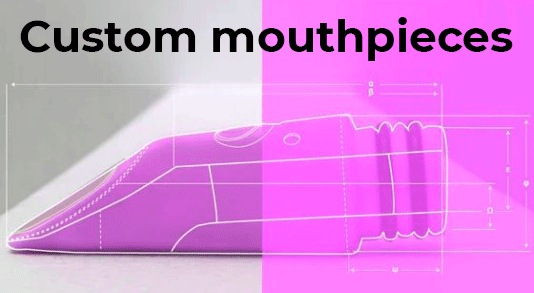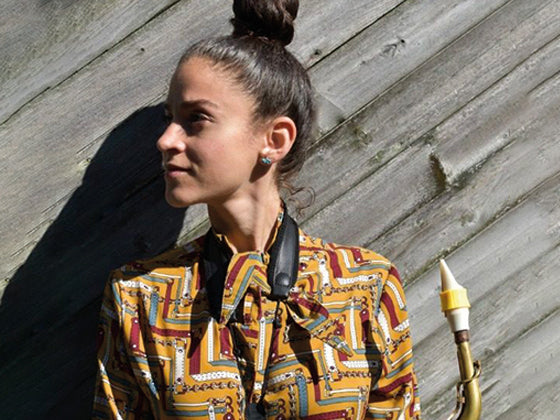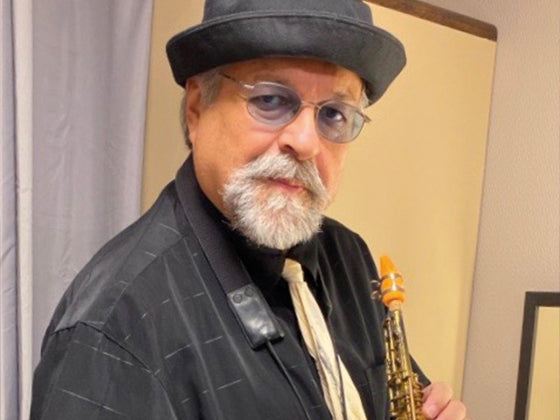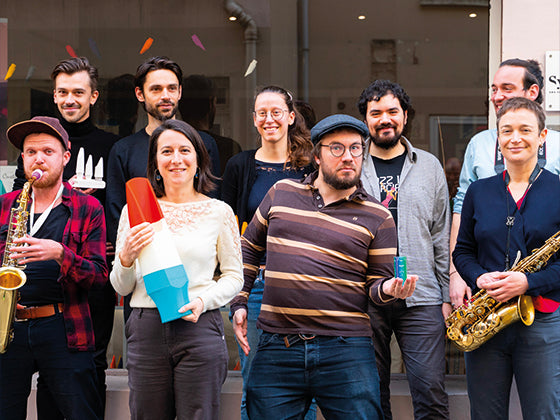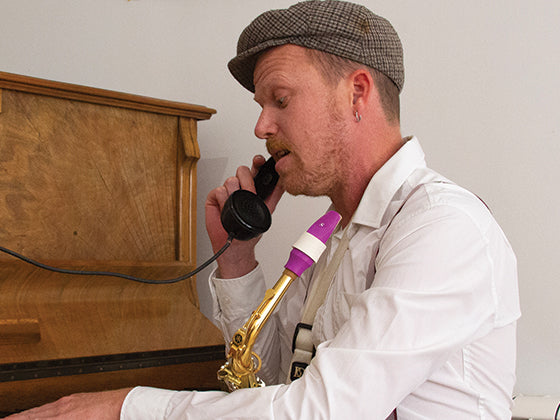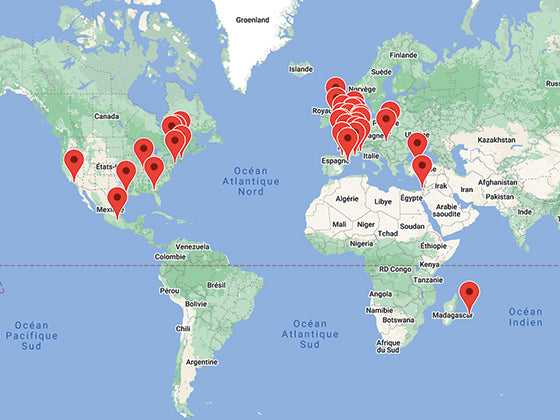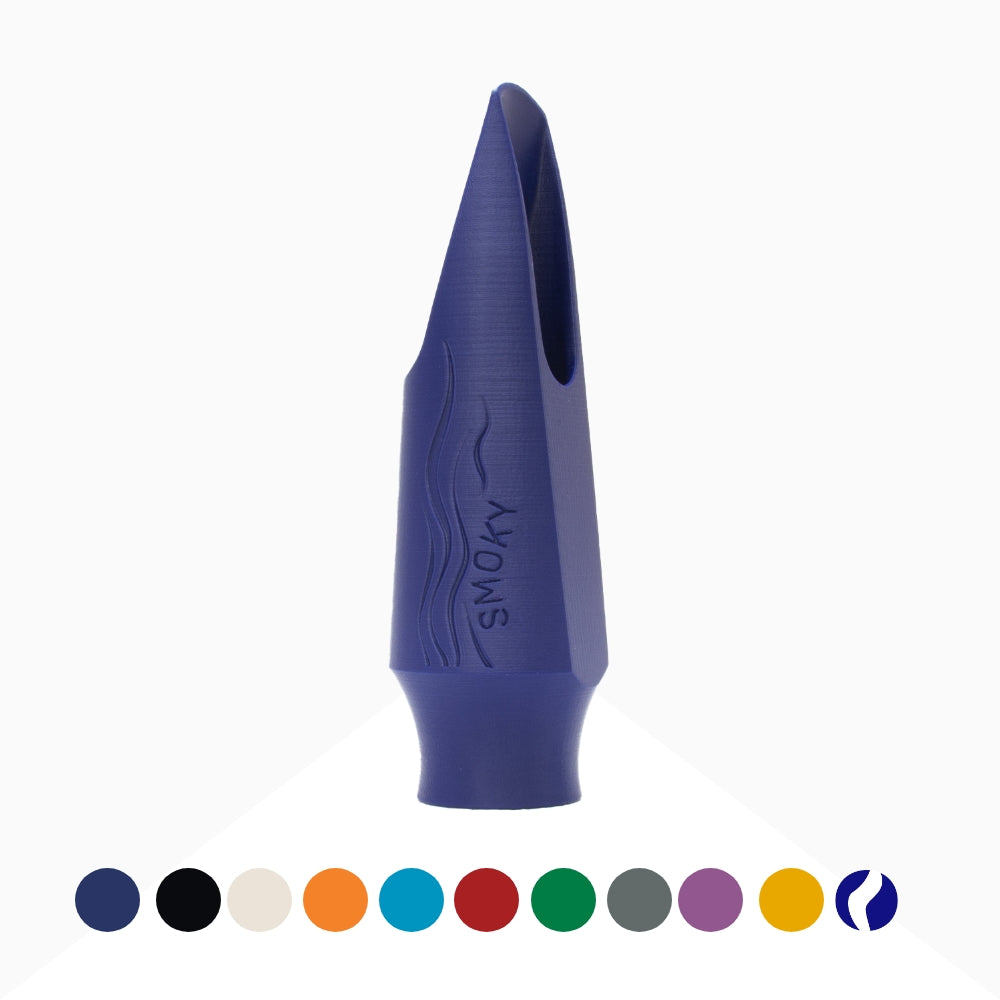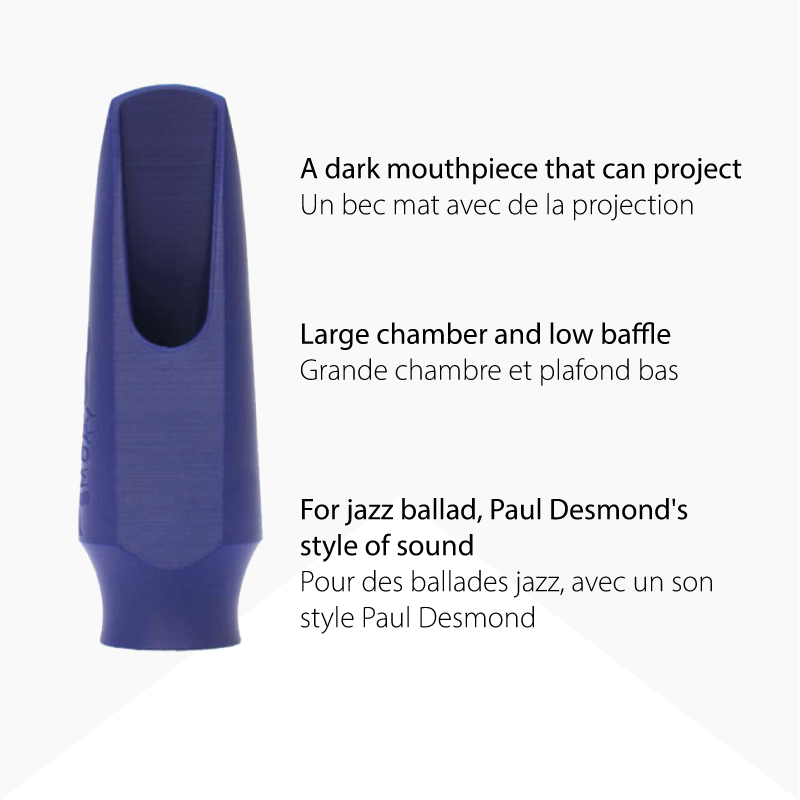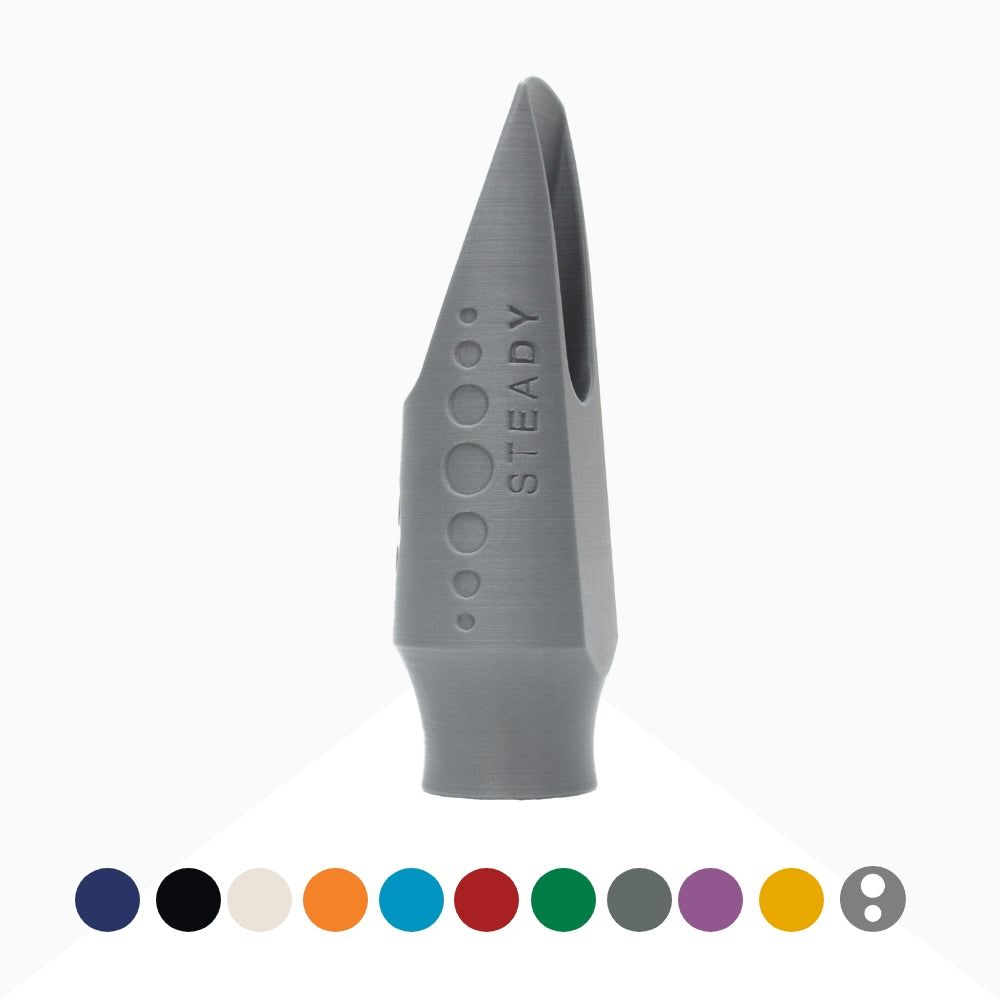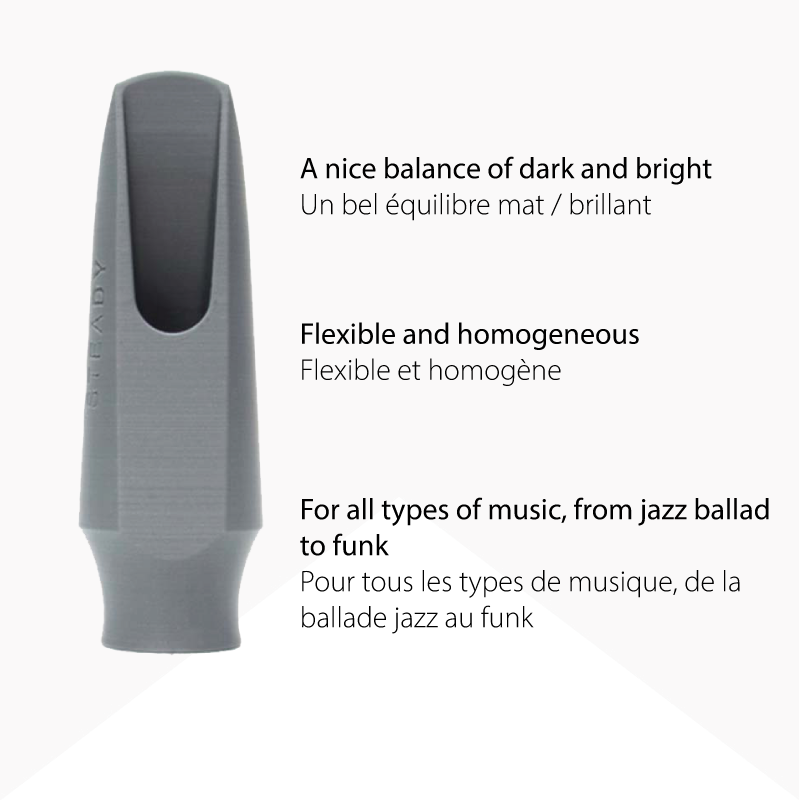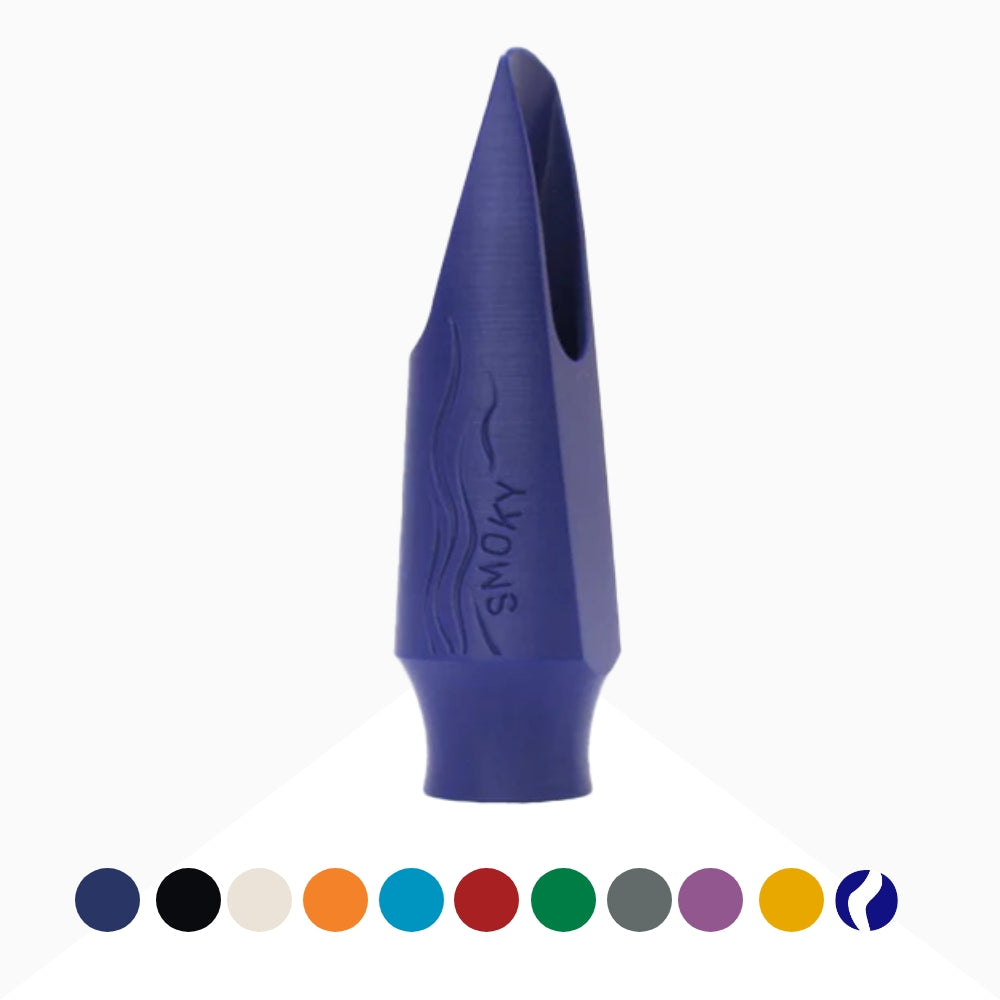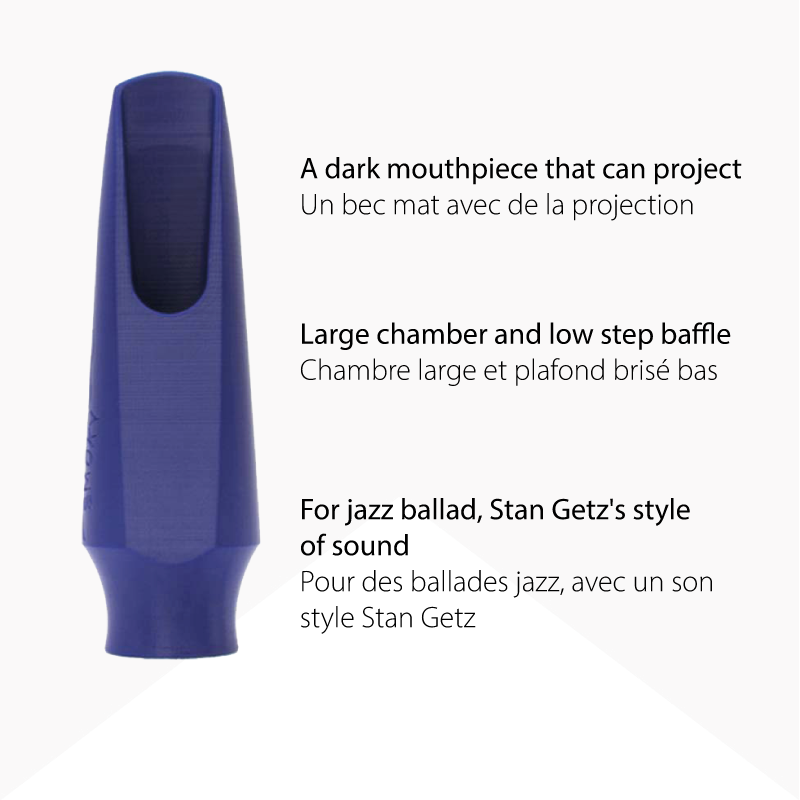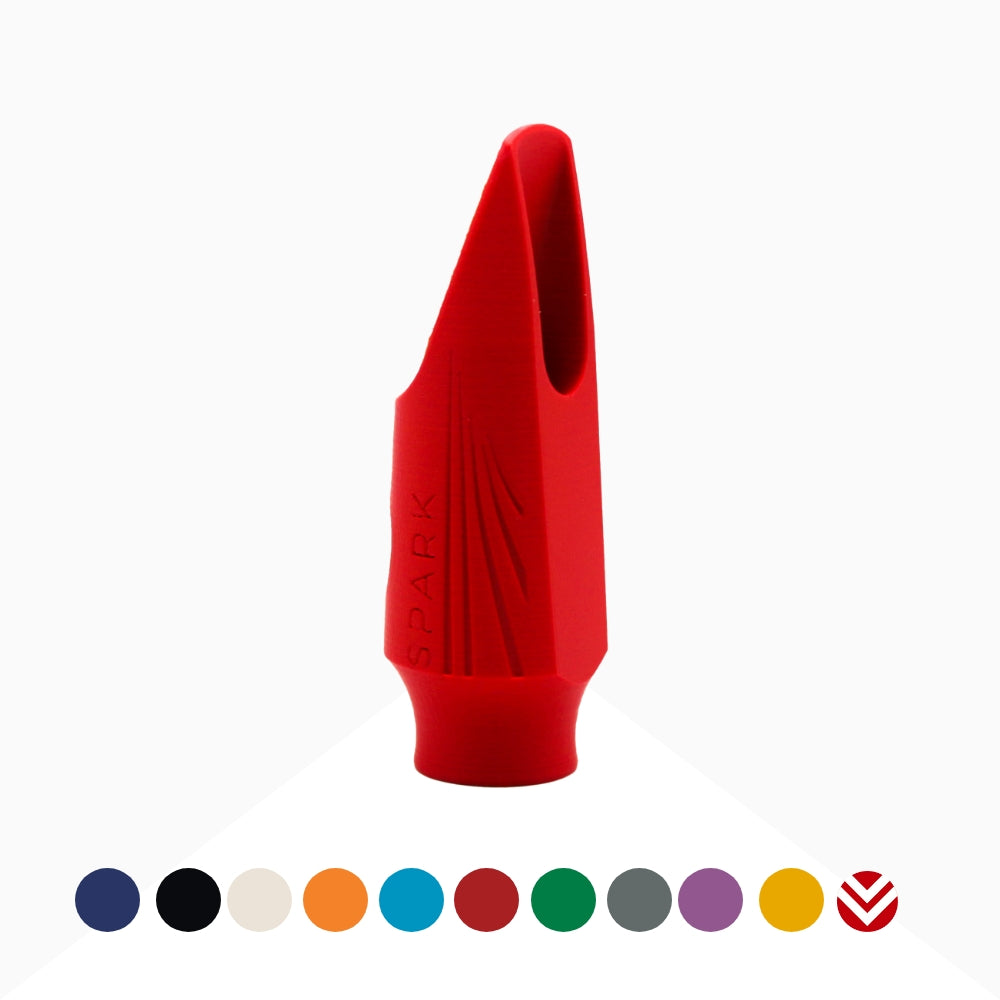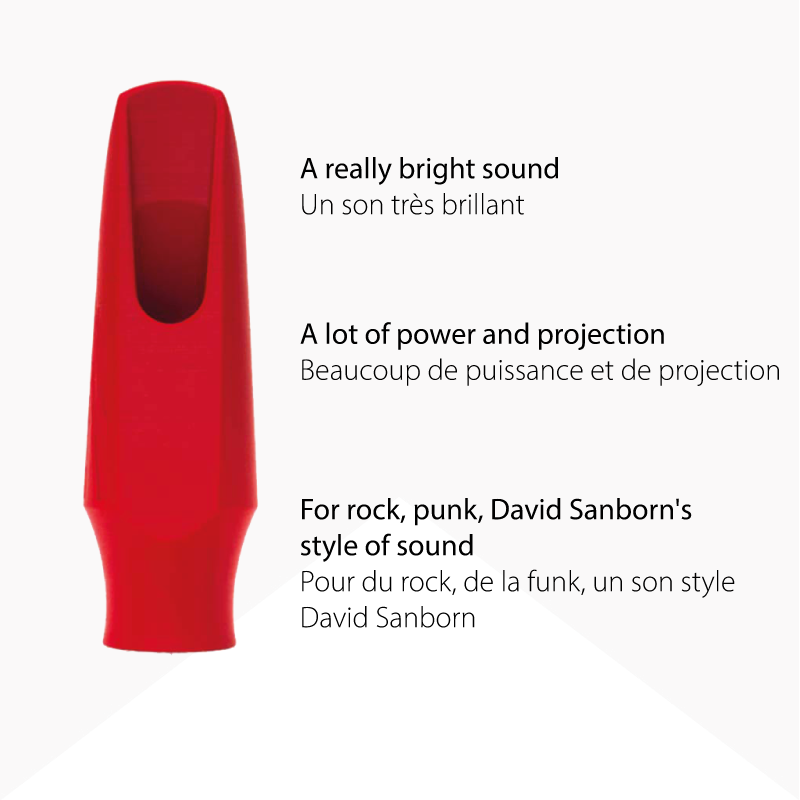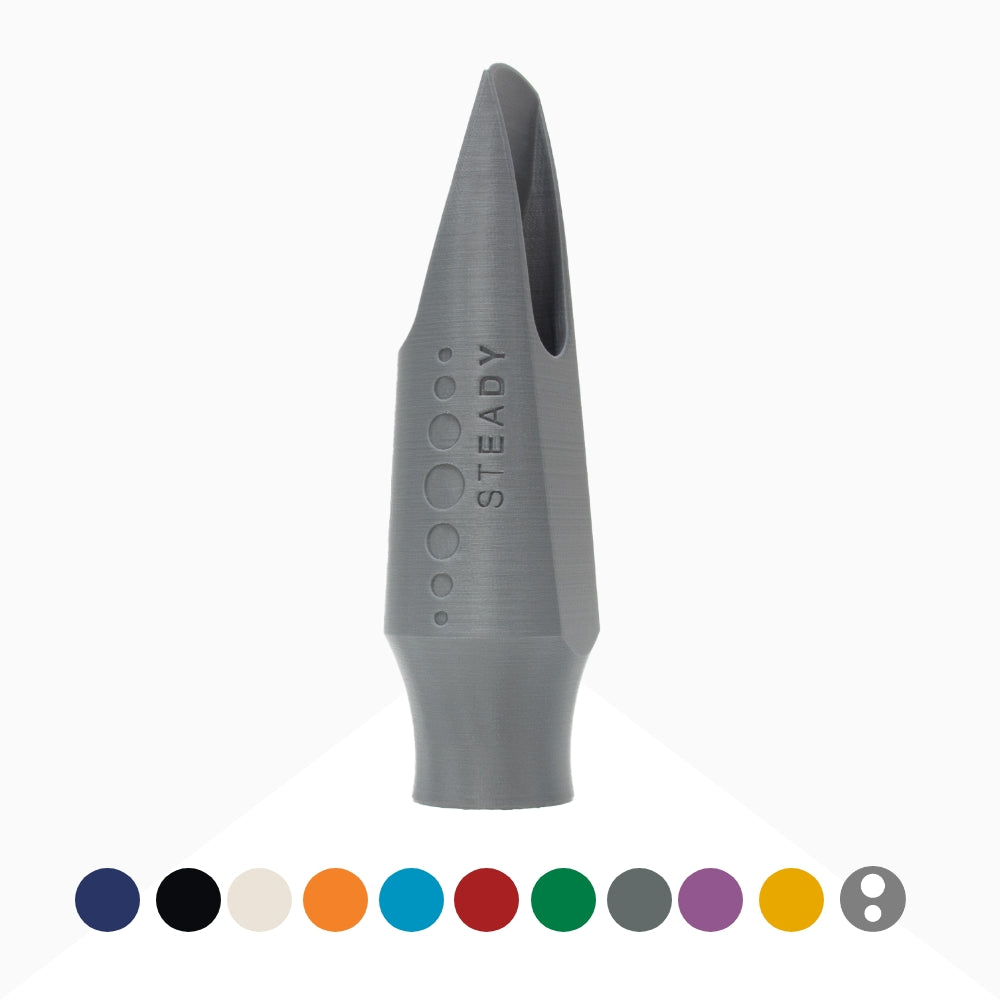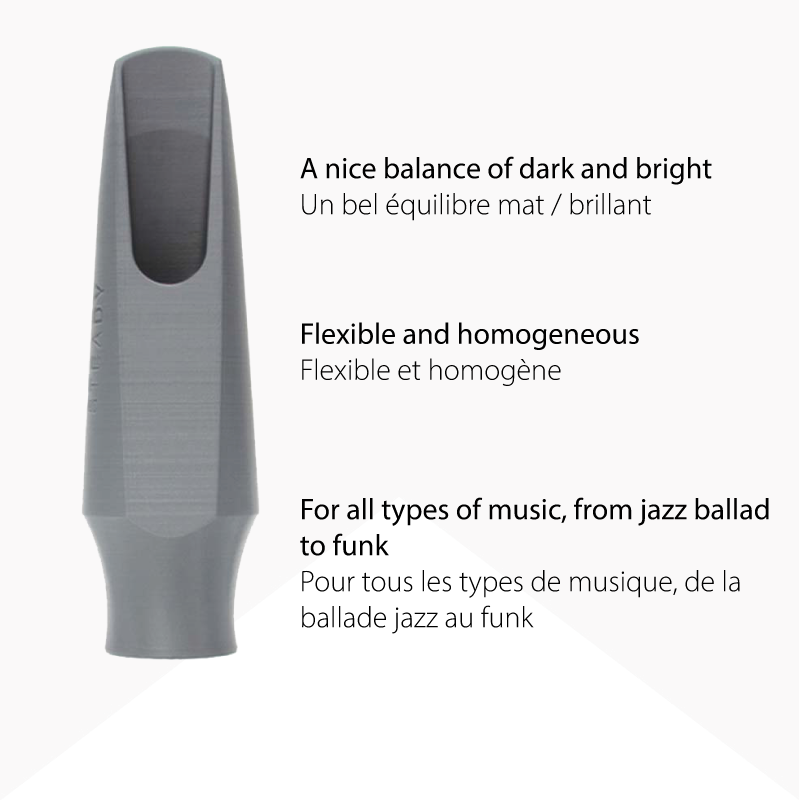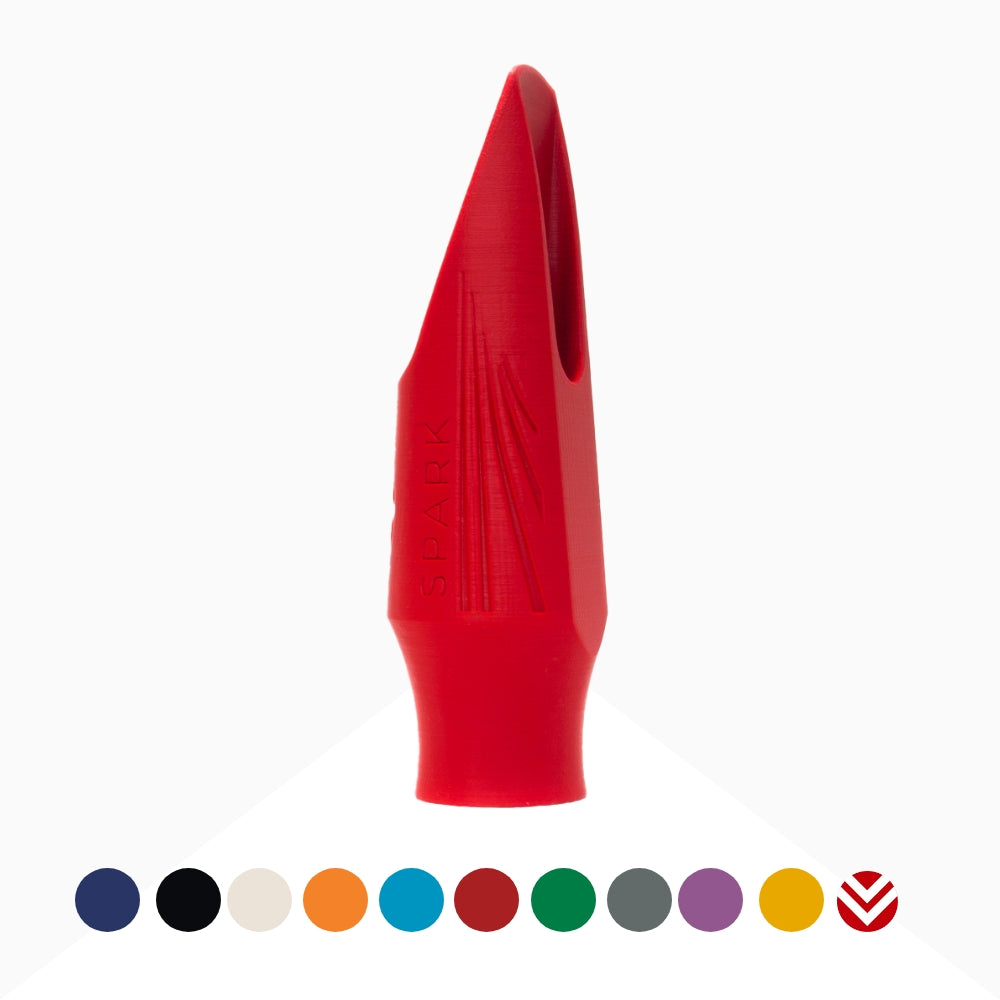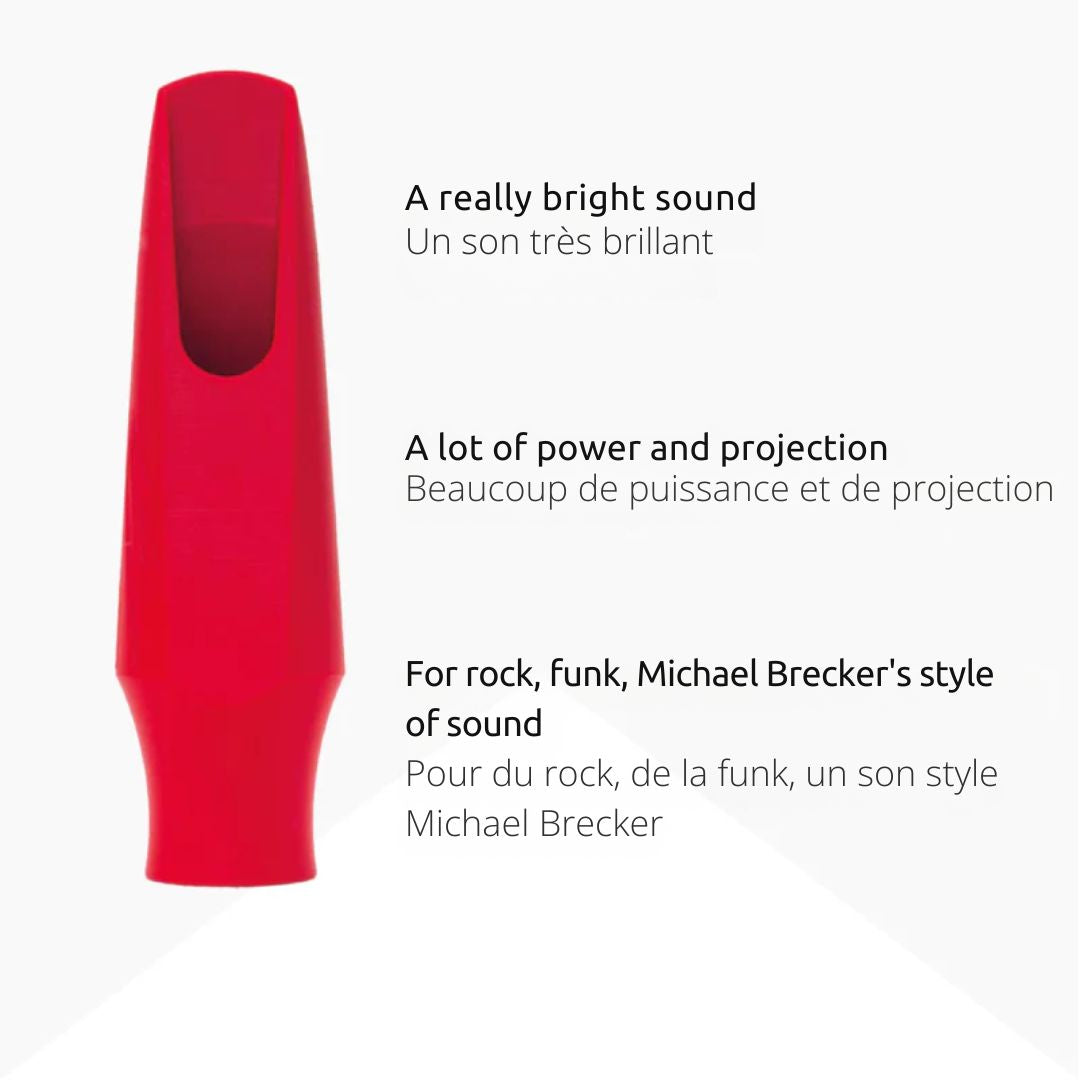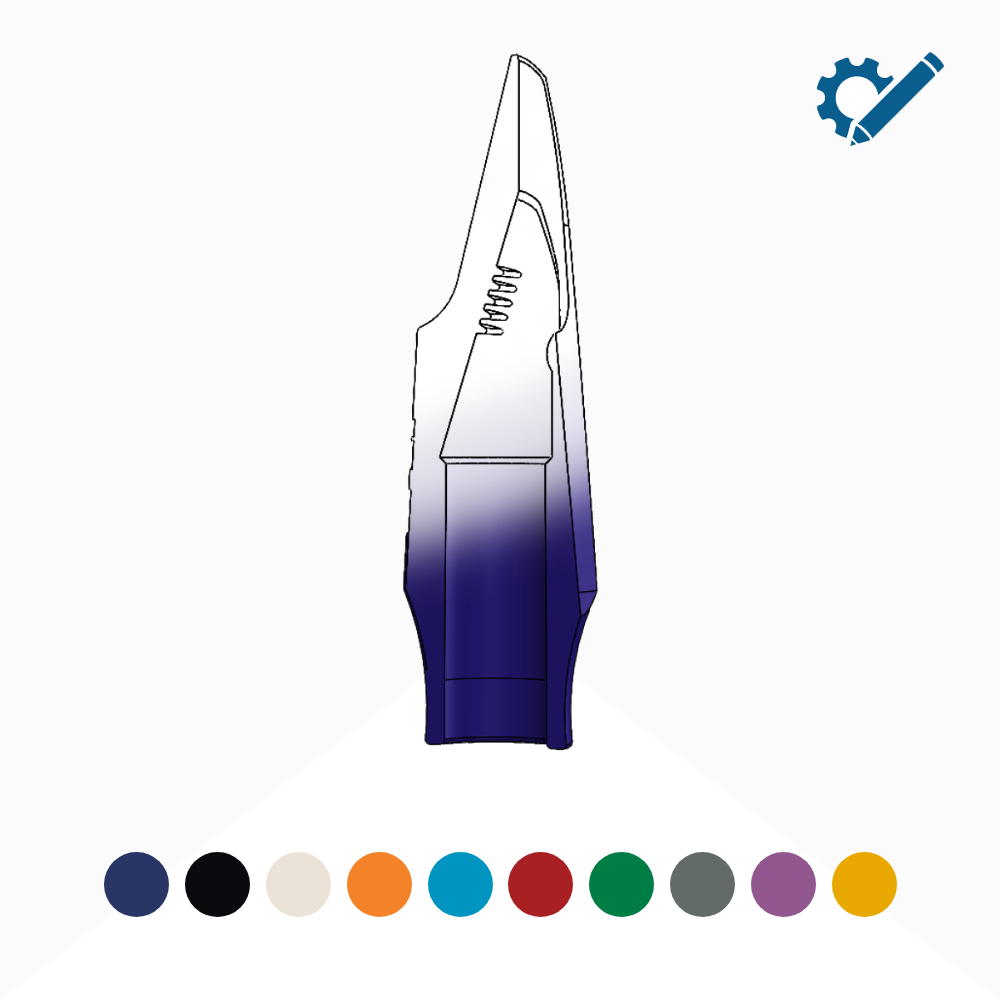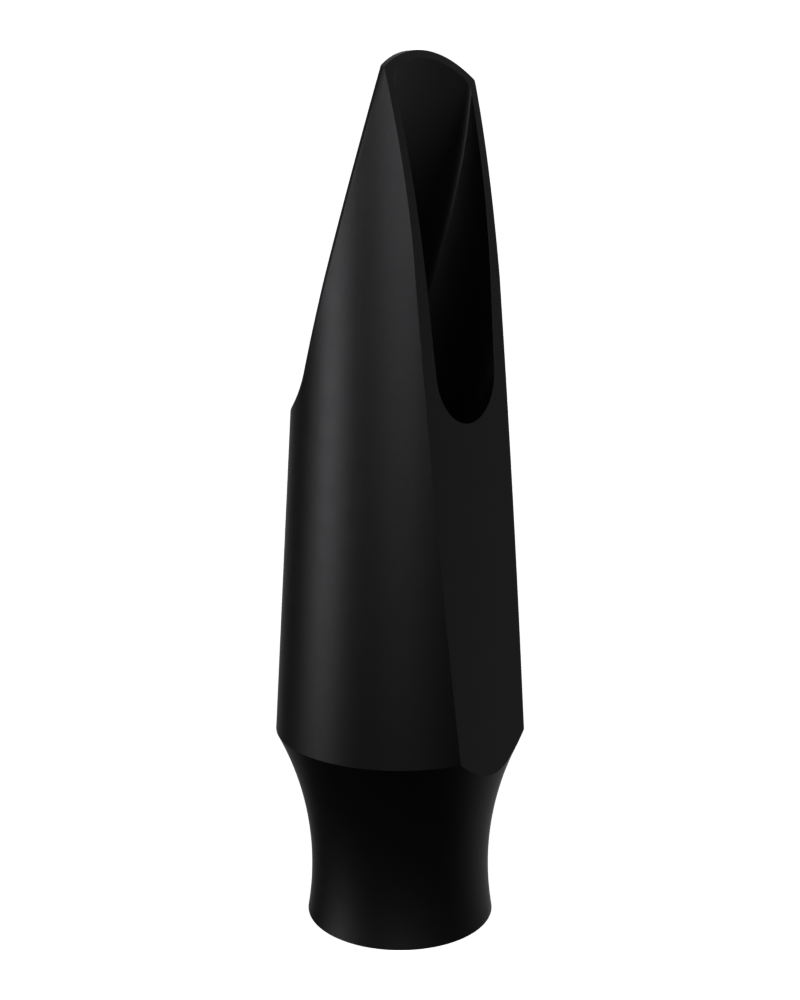Seun Kuti, the youngest son of Afrobeat legend Fela Kuti, continues to prove that carrying on a musical legacy can be as powerful as breaking new ground. In a recent live session on KEXP, Seun Kuti & Egypt 80 delivered an electrifying performance that was equal parts socially conscious protest and joyous musical celebration. Backed by Egypt 80, the very band that once played with his father, Seun channels the spirit of Afrobeat’s early days. The result is a feel-good yet politically charged show that honors Afrobeat’s roots and demonstrates why some musical formulas don’t need changing to remain relevant and impactful.
Honoring a Legacy Instead of Reinventing It
Seun Kuti inherited enormous shoes to fill. Fela Kuti was not only an afrobeat pioneer but also a fearless political firebrand, and Seun has tended his father’s flame since Fela’s passing in 1997. At age 14, Seun stepped up as the lead of Egypt 80, and about three-quarters of the current lineup consists of musicians who served under Fela. Rather than radically depart from his father’s style, Seun has chosen to preserve and extend the genre’s legacy. In the same way Damian Marley has carried the reggae torch, Seun embraces being a torchbearer for Afrobeat.
A great example of legacy building is his collaboration with Damian Marley on the song “Dey” from Heavier Yet (Lays The Crownless Head). Just as Damian Marley has upheld his own father’s legacy in reggae, Seun’s partnership with him highlights the beauty of legacy music and shows that preserving your roots can unite artists and listeners who crave continuity.
The KEXP Performance Highlights
Seun Kuti & Egypt 80’s live session on KEXP combined sharp cultural commentary with the driving grooves of Afrobeat. Performing songs from Seun’s new album, the band delivered music that was socially conscious yet rooted in rhythm that made it engaging and accessible.
“Stand Well Well” opened the set with a call for vigilance and resistance against oppression. Built on a steady beat and horn stabs, the track featured lines like “Everybody wanna go viral, nobody want sense” that felt pointed and timely. The horns reinforced Seun’s delivery, showing how Afrobeat uses rhythm to carry its message.
“T.O.P. (Things Over People)" focused on materialism and the culture of putting profit above human life. Its groove was smooth and steady, with the refrain “Na the healing we needing” acting as a repeated counterpoint to the critique. The song grew steadily in intensity, balancing commentary with a strong musical pulse.
After the songs, Seun expanded on the themes directly, speaking about corruption, inequality, and misplaced priorities. He questioned billionaires’ fixation with space exploration and challenged narratives that frame Africa as dependent on outside investment. His remarks reinforced the idea that Afrobeat is both music and platform.
This message is not isolated to the KEXP session. In a recent performance clip on Instagram, Seun tells a European audience that while he appreciates their concern for crises in Gaza, Iran or Sudan, that their real responsibility is to confront the rise of fascism and inequality in their own countries. It is an example of how he challenges listeners to look inward, reminding them that protest begins at home. This perspective informed the monologues woven into his KEXP performance, urging audiences not just to sympathize with distant struggles but to hold their own leaders accountable.
Throughout, Seun shifted between vocals, keyboards, and saxophone. The set was serious in subject matter but carried by grooves and melodies that made it fun and compelling.
The Afrobeat Sound (and Syos Connection?)
The KEXP session came alive through the musical firepower of Egypt 80 and the careful craft behind their sound. Afrobeat is a rich blend of funk, jazz, soul, and West African rhythms, and Seun leans into all of them. The arrangements allowed each instrument to shine while serving the collective groove. The horn section was especially important, punching in riffs, answering Seun’s vocal calls, and providing the sharp accents that drive Afrobeat forward.
Seun’s own saxophone playing stood out as well. Like his father, he uses the sax as a second voice. During the KEXP show, his alto sax solos were fiery and soulful, cutting through the mix with intensity.
Seun is a Syos artist, playing on a custom Syos saxophone mouthpiece designed to match his needs. This alignment reflects how intentional Seun is about his tone and delivery. The bright, cutting sax tone in songs like “T.O.P.” is the product of a musician who has shaped his setup to maximize expression. In many ways, the partnership between Seun and Syos reflects the ethos of the performance itself: shaping your own sound while staying true to your roots.
Conclusion
By staying faithful to the Afrobeat template laid down by Fela, Seun highlighted the enduring relevance of that music in addressing today’s issues. There is something beautiful about keeping legacy music alive. It links generations and reminds us that some messages do not expire.
The Kuti legacy is safe in his hands, carried with pride, funk, and fire. When legacy meets passion and skill, the outcome is magic. Seun Kuti & Egypt 80 left listeners with heads bobbing, feet moving, and minds pondering. Afrobeat has always been both rhythm and revolution, and Seun ensures that continues.


